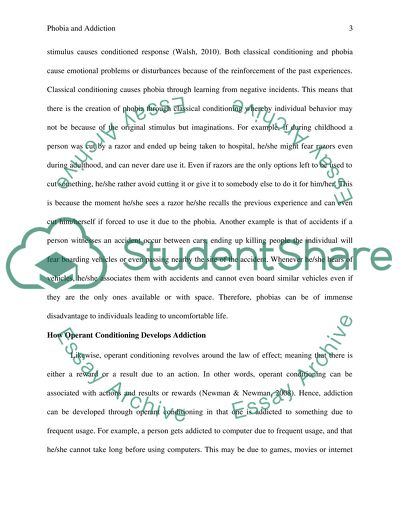Cite this document
(“Discuss phobias and addictions Essay Example | Topics and Well Written Essays - 1000 words”, n.d.)
Discuss phobias and addictions Essay Example | Topics and Well Written Essays - 1000 words. Retrieved from https://studentshare.org/psychology/1467354-discuss-phobias-and-addictions
Discuss phobias and addictions Essay Example | Topics and Well Written Essays - 1000 words. Retrieved from https://studentshare.org/psychology/1467354-discuss-phobias-and-addictions
(Discuss Phobias and Addictions Essay Example | Topics and Well Written Essays - 1000 Words)
Discuss Phobias and Addictions Essay Example | Topics and Well Written Essays - 1000 Words. https://studentshare.org/psychology/1467354-discuss-phobias-and-addictions.
Discuss Phobias and Addictions Essay Example | Topics and Well Written Essays - 1000 Words. https://studentshare.org/psychology/1467354-discuss-phobias-and-addictions.
“Discuss Phobias and Addictions Essay Example | Topics and Well Written Essays - 1000 Words”, n.d. https://studentshare.org/psychology/1467354-discuss-phobias-and-addictions.


